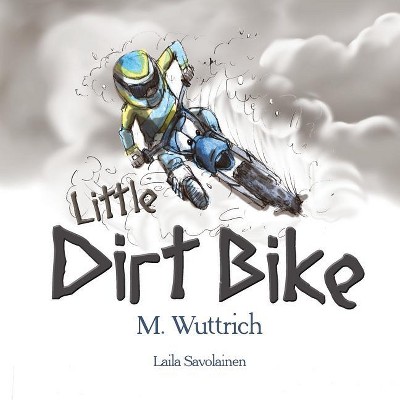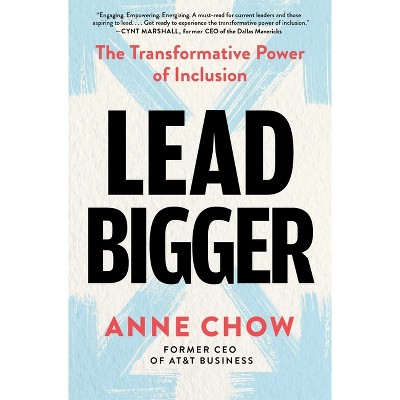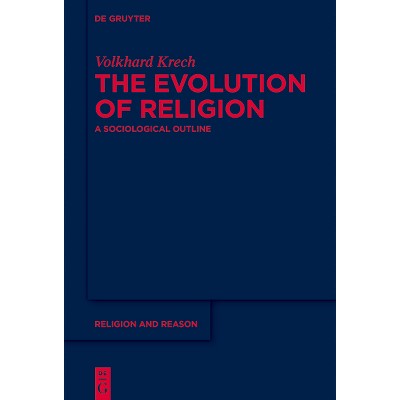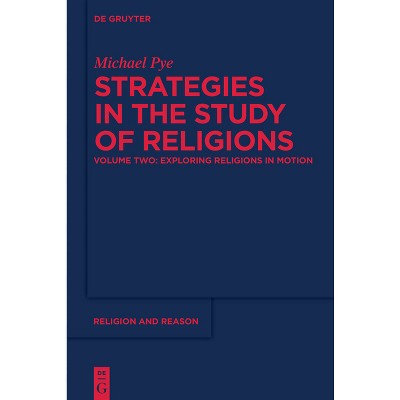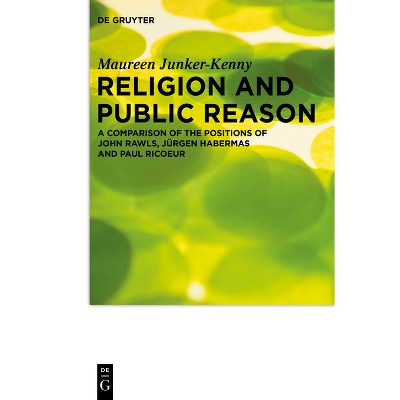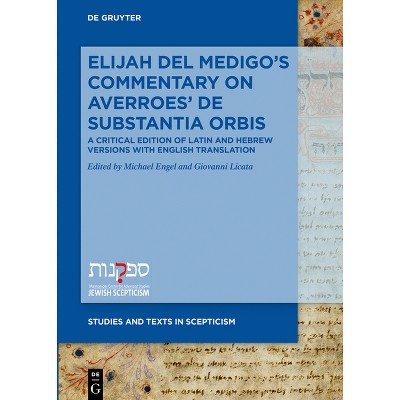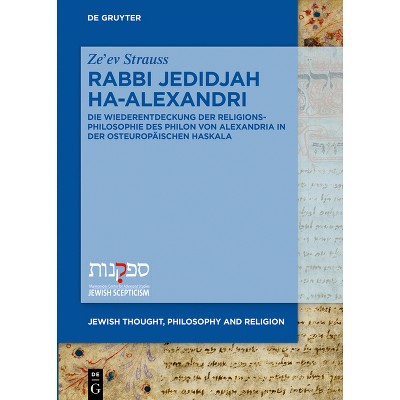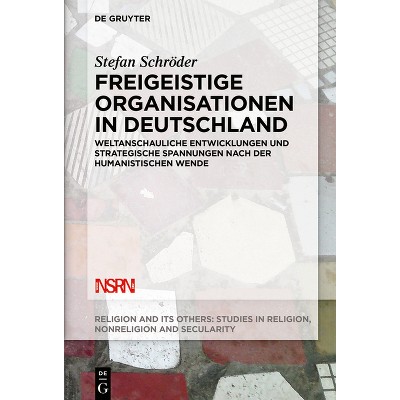Sponsored

No Bosses, No Gods - (Religion and Reason) by Matthew Day (Paperback)
In Stock
Sponsored
About this item
Highlights
- Flagging enrollments.
- About the Author: Matthew Day, Florida State University, Tallahassee, USA.
- 293 Pages
- Religion + Beliefs, Philosophy
- Series Name: Religion and Reason
Description
About the Book
This book argues that Karl Marx is essential for reversing course in the current academic study of religion. First, it draws on the scholarship of international specialists-as well as new translations of the original German texts-to present MarxBook Synopsis
Flagging enrollments. Disappearing majors. Closed departments. The academic study of religion is in trouble. No Bosses, No Gods argues that Karl Marx is essential for reversing course--but it will take letting go of what most scholars think they know about him.
The book's first half draws on the scholarship of international specialists--as well as new translations of the original German texts--to present Marx the anti-theorist, a political journalist deeply skeptical about what happens when the professoriate sits down to "theorize" about social worlds. The second half appeals to this modified portrait of Marx and charts a new course beyond both actually existing religious studies and contemporary genealogies of the religion category. The result, perhaps, is an academic study of religion worth having in the twenty-first century.
From the Back Cover
Flagging enrollments. Disappearing majors. Closed departments. The academic study of religion is in trouble. No Bosses, No Gods argues that Karl Marx is essential for reversing course--but it will take letting go of what most scholars think they know about him.
The book's first half draws on the scholarship of international specialists--as well as new translations of the original German texts--to present Marx the anti-theorist, a political journalist deeply skeptical about what happens when the professoriate sits down to "theorize" about social worlds. The second half appeals to this modified portrait of Marx and charts a new course beyond both actually existing religious studies and contemporary genealogies of the religion category. The result, perhaps, is an academic study of religion worth having in the twenty-first century.
About the Author
Matthew Day, Florida State University, Tallahassee, USA.Shipping details
Return details
Frequently bought together

Trending Non-Fiction






